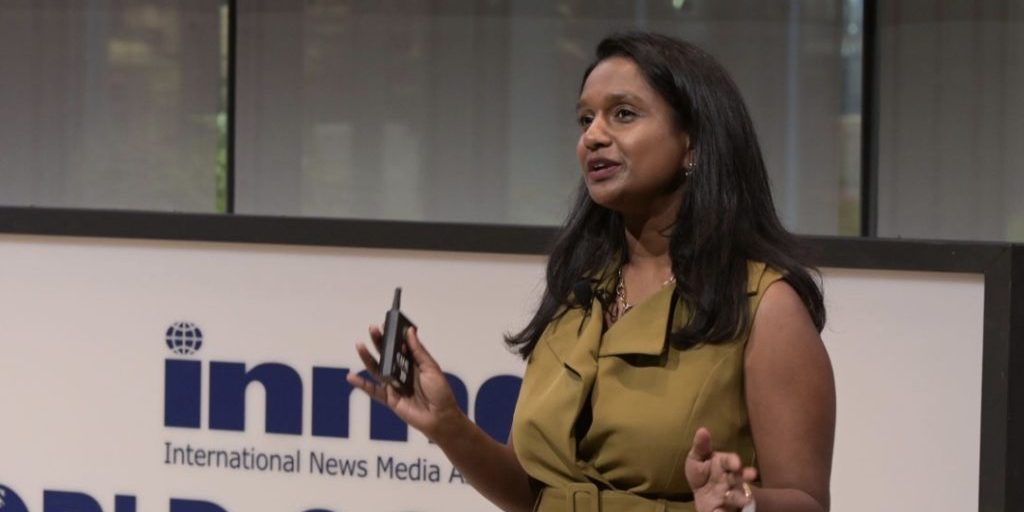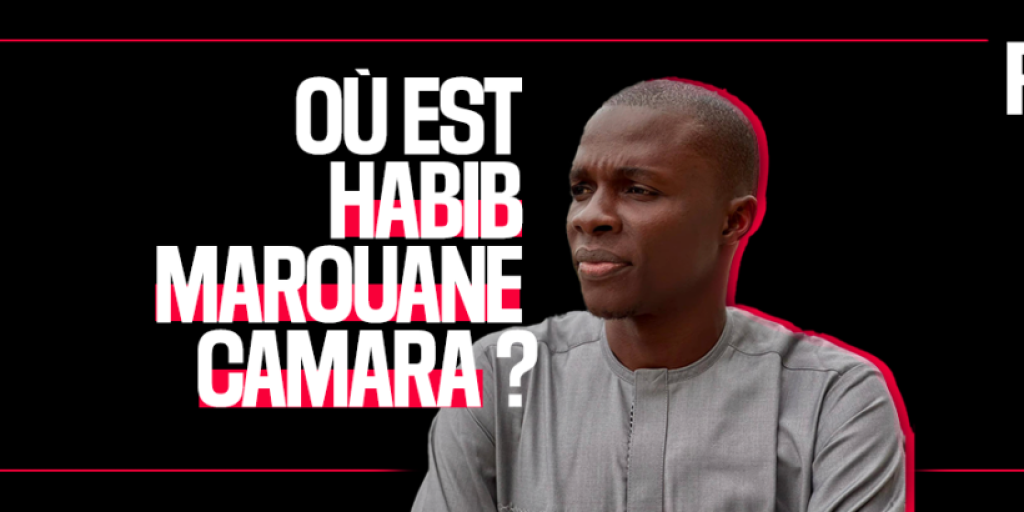We want your stories: why crimes against journalists impact us all
The Press Council celebrates the courage of those whose daily work is to protect and ensure freedom of the media. This is especially true on the International Day to End Impunity for Crimes Against Journalists (IDEI).
Together with other press councils and regulatory bodies around the world, we honour those who are engaged in what UNESCO calls the ‘shared function’ of journalism, and who should be covered by national, subregional, regional, continental and global safety of journalists mechanisms that protect them, prevent crimes against them and prosecute those who, or which, seek to shut down their work.
Marked on 2 November, this international Day focuses on obstructions to the media which can include extreme violence, death threats and various devious interventions to derail access and viability.
UNESCO keeps a record of all journalists who have lost their lives while doing their work. Most recently in South Africa, it reflects, freelancer Michael Tshele was shot dead in January 2024 while photographing a community protest in Mothutlung near Brits in the North West province.
The country with highest death toll since 1993, when the UNESCO record was instituted, is Mexico, but the deadliest place to be a journalist currently is Palestine. Overall, 1701 journalists have been killed and the number keeps rising.
The term ‘journalist’ in UNESCO’s monitoring and reporting mechanisms covers ‘journalists, media workers and social media producers who are engaged in journalistic activity’. This is in line with the International Declaration of the Protection of Journalists (IPDC) Decisions on the Safety of Journalists and the Issue of Impunity adopted by the IPDC Council in 2008, 2010, 2012, 2014, 2016, 2018, 2020 and 2022.
This definition aligns with UNESCO’s broad interpretation of journalism as a ‘shared function’ by a wide range of actors, including professional full-time reporters and analysts, as well as bloggers and others who engage in forms of self-publication in print, on the internet’.
Read more here.
- In anticipation of this year’s IDEI, the Press Council would welcome your thoughts on what it means to protect journalists, why crimes against journalists harm us all and what you believe the Press Council, allied NGOs, government and the private sector could do better to secure a journalists’ safety. Send an email to us here, sharing your views, and we will publish the best.
- This post was compiled by Janet Smith, adjudicator at the Press Council




